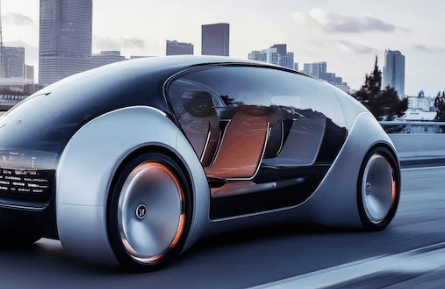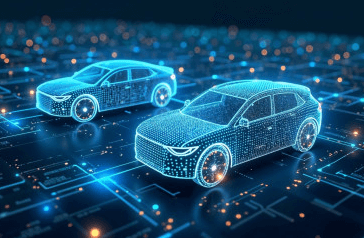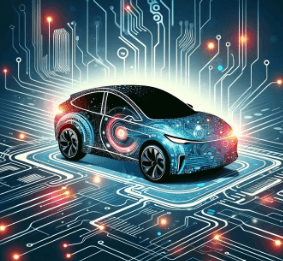Exploring the Future of Robotics in Healthcare
The integration of robotics in healthcare is poised to transform patient care significantly. Surgical robots promise enhanced precision and reduced recovery times. Meanwhile, robotic exoskeletons are redefining rehabilitation methods. Coupled with advancements in AI, these technologies could personalize treatment like never before. However, the implementation of such innovations raises important questions. What challenges and ethical dilemmas accompany this technological evolution? Understanding these factors is crucial for shaping the future landscape of healthcare.
The Role of Surgical Robots in Modern Medicine
Surgical robots have emerged as transformative tools in modern medicine, enhancing precision and efficiency during complex procedures.
By facilitating minimally invasive surgery, these advanced systems reduce patient recovery times and minimize complications.
Moreover, they align with the principles of precision medicine, allowing for tailored surgical interventions that consider individual patient needs.
As technology advances, surgical robots are poised to redefine the future of healthcare.
See also: Exploring the Future of Robotics in Healthcare
Enhancing Rehabilitation With Robotic Exoskeletons
As advancements in robotics continue to shape various sectors, the integration of robotic exoskeletons in rehabilitation presents a groundbreaking approach to patient recovery.
These devices enhance robotic mobility, empowering individuals with limited movement to regain independence.
Research indicates that utilizing exoskeletons significantly improves patient outcomes, offering tailored rehabilitation experiences that adapt to individual needs and fostering a sense of agency in their recovery journey.
The Integration of AI and Machine Learning in Healthcare Robotics
The advancements in robotic exoskeletons have set the stage for further innovations, particularly in the realm of artificial intelligence (AI) and machine learning (ML) within healthcare robotics.
AI algorithms and machine learning applications enable predictive analytics, offering data-driven insights that enhance patient care.
This integration empowers healthcare providers to streamline processes, improve outcomes, and ultimately revolutionize the therapeutic landscape, fostering greater autonomy for patients.
see also: Exploring the Future of Human-Machine Interaction
Addressing Challenges and Ethical Considerations in Robotic Healthcare Solutions
How can the rapid advancement of robotic technologies in healthcare be balanced with the ethical implications they entail?
Ensuring robotic accountability is crucial to address potential biases and errors.
Furthermore, safeguarding patient privacy remains a paramount concern, as sensitive data is increasingly handled by automated systems.
Striking a balance between innovation and ethical standards is vital for fostering trust in robotic healthcare solutions.
Conclusion
As the dawn of robotic innovation in healthcare approaches, the potential for transformative change is palpable. Surgical robots, exoskeletons, and AI integrate.






